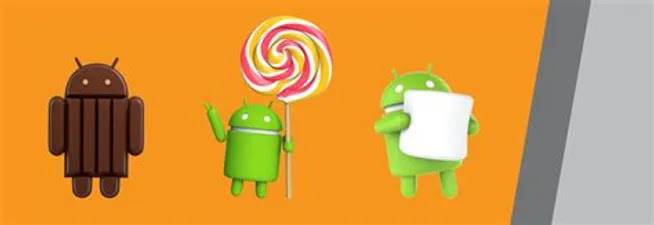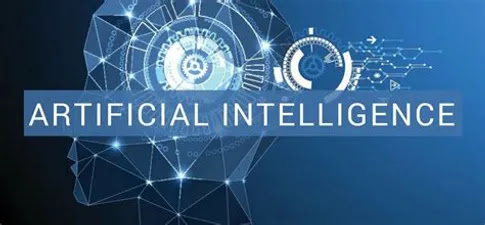Blockchain technology has been making waves in various industries, from finance to supply chain management. It is a decentralized and distributed digital ledger that records transactions across a network of computers. In this guide, we will explore the basics of blockchain technology and how it can be used in different ways.
What is Blockchain?
At its core, blockchain is a digital ledger that is used to record transactions across a network of computers. It is decentralized, meaning that it is not controlled by a single entity, and it is distributed, meaning that all participants in the network have a copy of the ledger. The transactions recorded on the blockchain are grouped together in blocks, and each block is linked to the previous one, creating a chain of blocks (hence the name "blockchain").Which Technology is Used in Blockchain?
Blockchain technology is based on cryptography, which is used to secure the information recorded on the blockchain. Each block in the blockchain contains a unique code called a "hash," which is generated using complex mathematical algorithms. This hash is used to link each block to the previous one, creating a secure and tamper-proof chain of blocks.Uses:
Using blockchain technology in the election process can increase transparency and security. For example, a decentralized and immutable ledger can be used to record and verify voter identities and vote counts, reducing the potential for voter fraud.
In the medical field, blockchain technology can be used to create secure and tamper-proof medical records for patients. For example, a blockchain-based platform can be used to store and share patient information among doctors and hospitals, ensuring that all stakeholders have access to the latest and most accurate patient data.
Other potential use cases for blockchain technology include:
- Supply chain management: A blockchain-based system can be used to track the movement of goods through the supply chain, increasing transparency and reducing the potential for fraud.
- Real estate: Blockchain technology can be used to create tamper-proof records of property ownership, streamlining the process of buying and selling real estate.
- Banking and finance: Blockchain technology can be used to create secure and efficient financial transactions, such as cross-border payments and smart contracts.
- Internet of Things: Blockchain technology can be used to create secure and decentralized networks of connected devices, enabling new possibilities for automation and data sharing.
These are just a few examples of how blockchain technology can be used in various fields. The potential use cases are vast, and as the technology continues to evolve, we can expect to see more and more applications in different sectors.
Types of Blockchain:
There are several different types of blockchain, each with its own characteristics and use cases. The most well-known type is the public blockchain, which is open to anyone and is typically used for cryptocurrencies such as Bitcoin. Another type is the private blockchain, which is restricted to a specific group of participants and is often used for business-to-business transactions.Why We Need Blockchain:
Blockchain technology has several advantages over traditional systems. Firstly, it is decentralized and distributed, which means that it is not controlled by a single entity and is less susceptible to hacking and tampering. Secondly, it is transparent and secure, as all transactions are recorded on a public ledger and are protected by cryptography. Thirdly, it is efficient and cost-effective, as it eliminates the need for intermediaries and reduces the time and cost of transactions.Uses of Blockchain:
Blockchain technology has a wide range of potential use cases, including:- Financial services: Blockchain can be used to facilitate secure and efficient financial transactions, such as payments and remittances.
- Supply chain management: Blockchain can be used to track the movement of goods and ensure that they are not counterfeit.
- Digital identity: Blockchain can be used to create a secure and decentralized digital identity system.
- Smart contracts: Blockchain can be used to create self-executing contracts that automatically enforce the terms of a contract.
How Blockchain Helps in Future:
Blockchain technology has the potential to revolutionize a wide range of industries and make them more efficient and secure. For example, it can be used to create a decentralized internet that is more resistant to censorship and hacking, and it can be used to create a decentralized energy grid that is more efficient and sustainable. Additionally, blockchain can help to create a more transparent and equitable economy by enabling peer-to-peer transactions and reducing the need for intermediaries.How Blockchain Helps a Common Man:
Blockchain technology can have a positive impact on the lives of everyday people in several ways. For example, it can help to improve financial inclusion by providing access to banking services for people who are currently unbanked. Additionally, it can help to improve transparency and accountability in government and business by providing a public ledger of all transactions. Furthermore, it can help to improve the efficiency and security of online transactions, making them safer and faster for everyone.How to Use Blockchain:
Step 1: Choose a blockchain platform to use (such as Ethereum or Bitcoin) Step 2: Set up a wallet for storing and managing your digital assets.Step 3: Get familiar with the platform's interface and features. Step 4: Acquire some digital assets, either by buying them on a cryptocurrency exchange or by participating in a blockchain-based project or application. Step 5: Start making transactions, such as sending digital assets to other users or participating in decentralized applications. Step 6: Keep your wallet and private keys safe and secure.



.jpeg)










.jpeg)


.webp)


.jpeg)

0 Comments
Say your precious word to us.